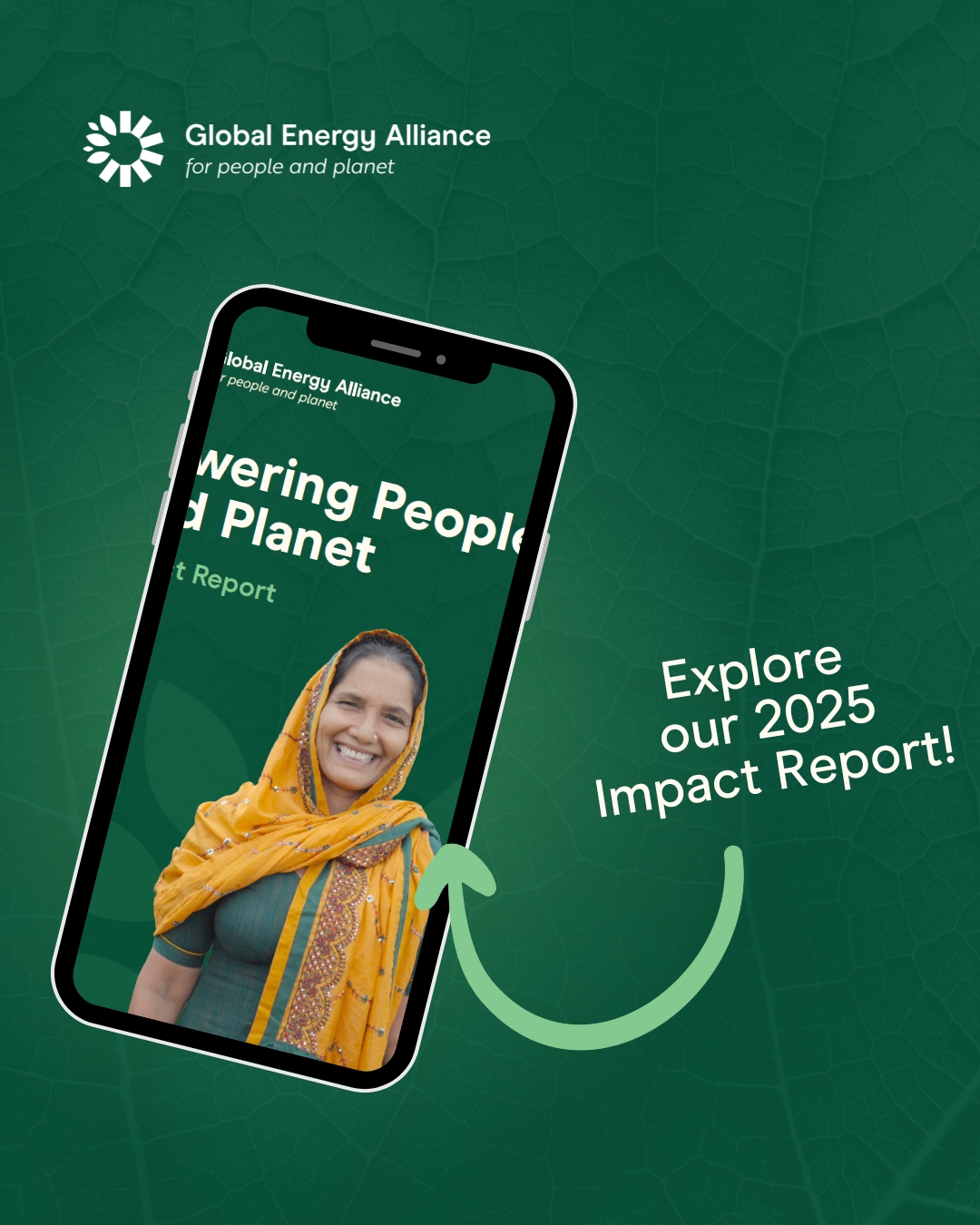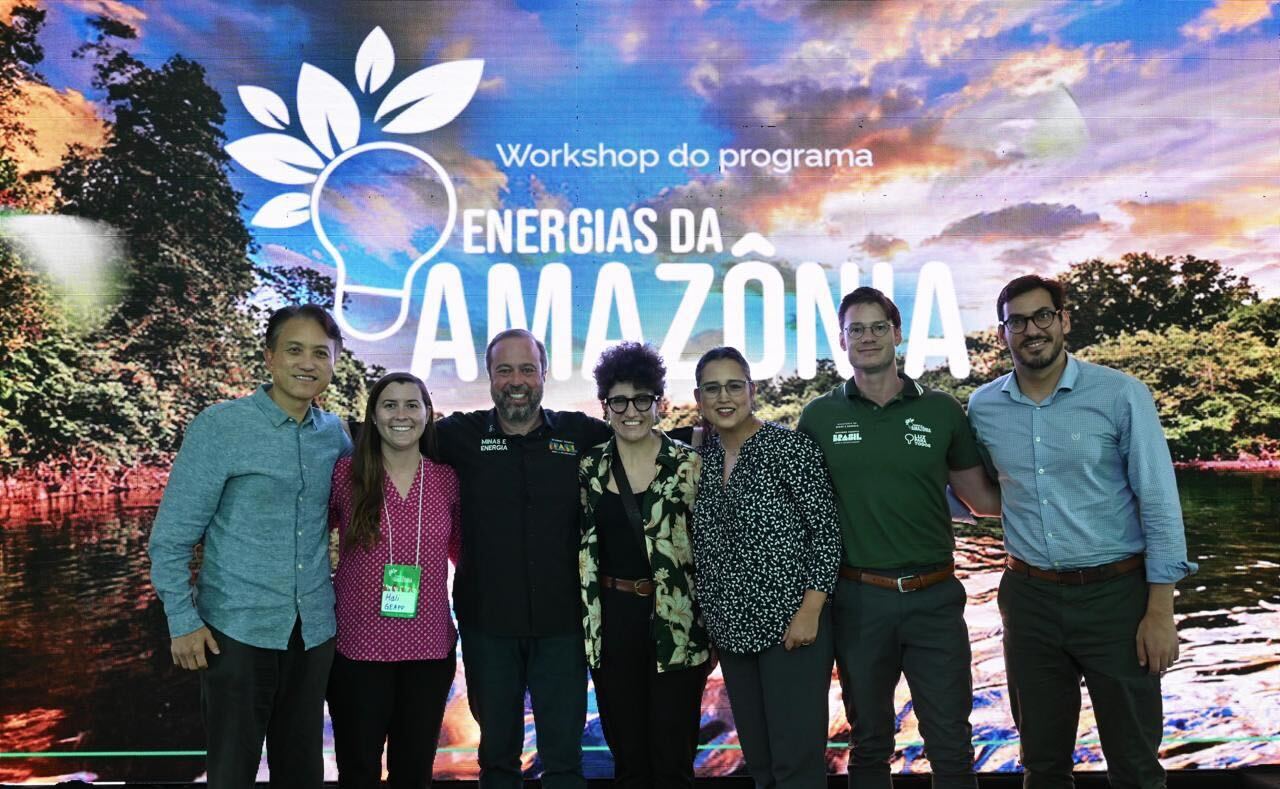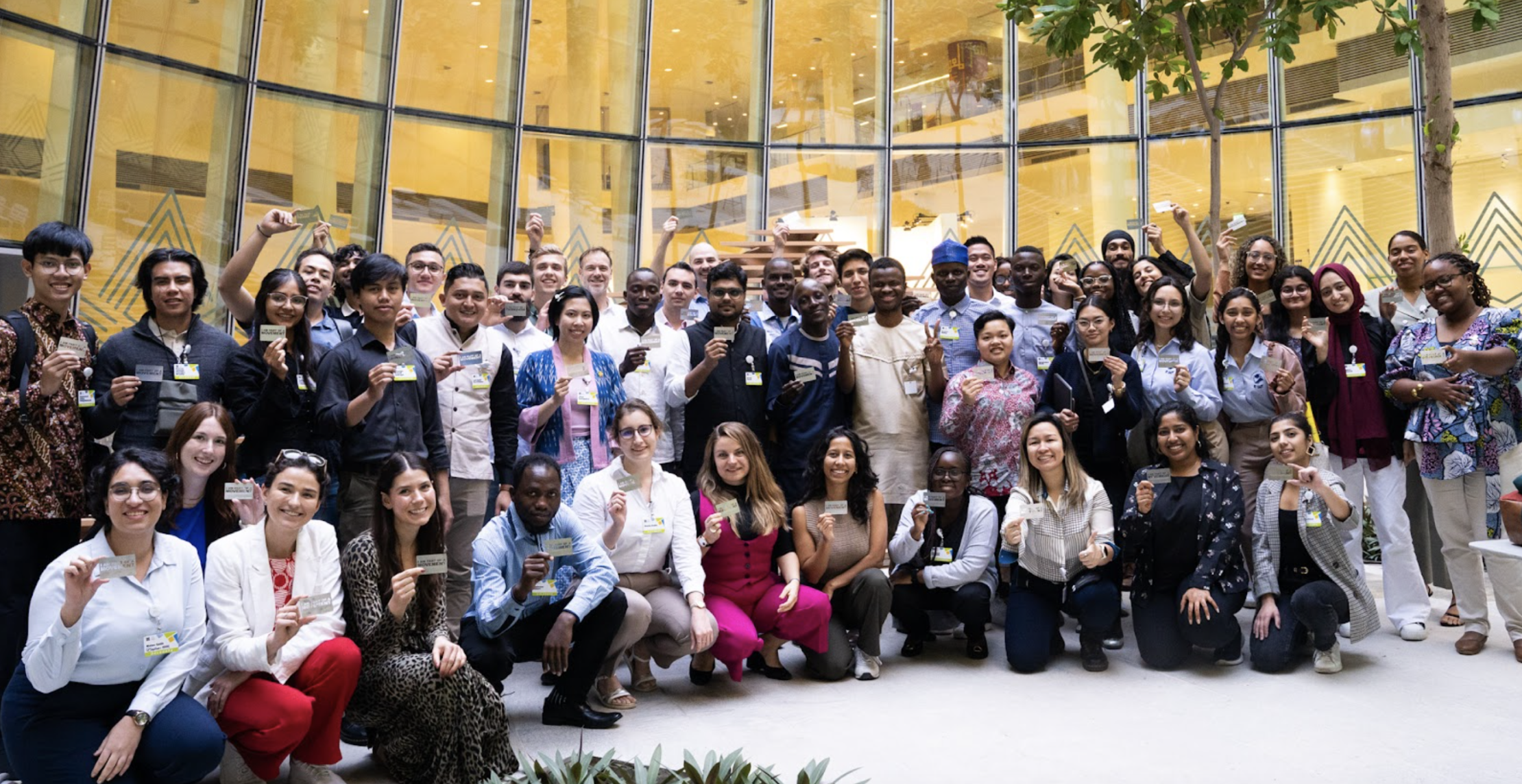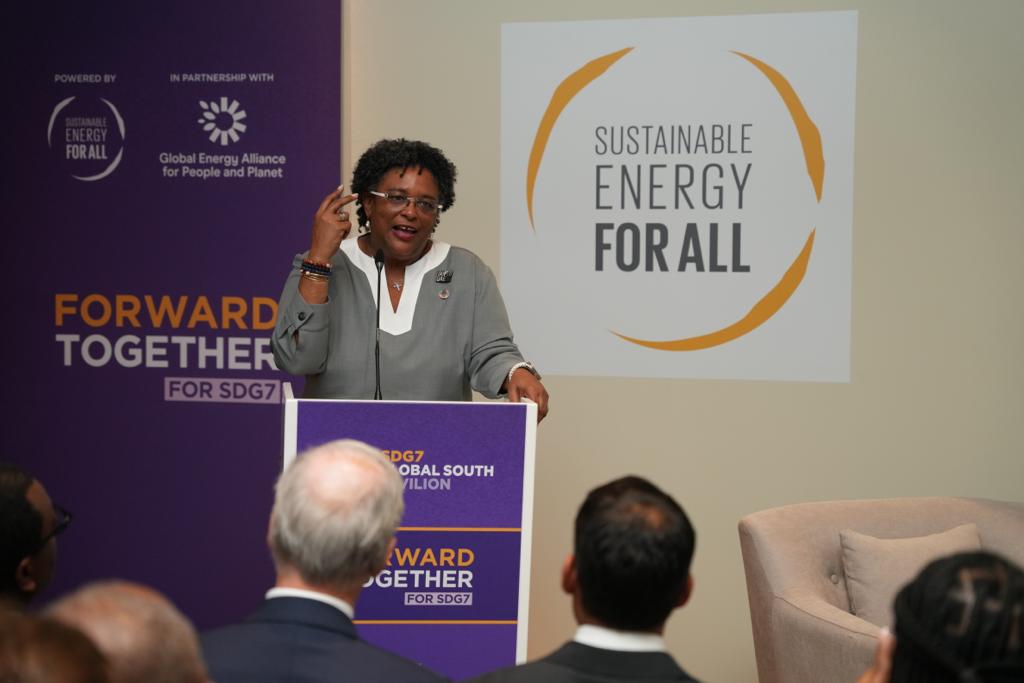Youth changing energy in Africa: a Q&A with Uzochukwu Mbamalu, CEO Manamuz Electric

Youth changing energy in Africa: a Q&A with Uzochukwu Mbamalu, CEO Manamuz Electric
In honor of international clean energy day, a global recognition of the impact energy can have on people and planet, we’re calling attention to the people and projects helping to change energy for good.
This Q&A was originally part of an impact fireside chat with Uzochukwu Mbamalu as part of a former competition. We have continued to work with Manamuz Electric and Coolbox Store to help change energy in Nigeria. These efforts to amplify, support and promote authentic stories in Africa are part of our ongoing commitments to change energy in Africa, with one of our biggest commitments as our support for Mission 300, an ambitious aim to electrify 600 million by 2030 led by the World Bank and African Development Bank.
Q: What inspired you and your co-founder to establish Manamuz Electric, and how has your vision evolved since your time as engineering students at the University of Nigeria?
A: Charles and I have always had a strong interest in the energy sector, stemming from our backgrounds, but we initially weren’t sure how to build a career out of it. Charles studied Electrical Engineering at the University of Nigeria, while I studied Electronics Engineering at the same school. The real turning point came from our practical experiences—Charles gained hands-on knowledge working for an Electrical Installations company, and I worked for a Nigerian solar installation company. These experiences were instrumental, fueling our drive to start a company of our own.
Q: Could you describe the main challenges in the agriculture sector that Manamuz Electric addresses, particularly regarding food security, environmental impact, and the unique needs of women involved in agriculture?
A: Manamuz Electric addresses post-harvest loss by deploying renewable energy-powered cold chains. The economic value unlocked from these cold chains supports broader goals of energy security, food security, and economic resilience.
Q: With over 300 solar energy projects completed, what impact has Manamuz Electric had to date on communities, especially for women in the agricultural value chain, and how do you ensure their inclusion in your initiatives?
A: Our most significant impact has been creating a cold economy through Refrigerated Aggregation Centers, which generates wealth for users while making infrastructure investments in solar mini-grids, cold chains, and Agritech bankable. This cold economy allows for sustainable development and increased economic opportunities, especially for women.
Q: Tell us more about the Coldbox Store. How does this solar-powered refrigerated warehouse network strengthen the resilience of perishable food supply chains, and how does it specifically benefit women farmers and vendors?
A: The Coldbox Store network organizes and consolidates the supply chain for thousands of smallholder farmers, extending the shelf life of perishable goods. We prioritize women’s inclusion through our Gender Equity and Social Inclusion (GESI) program, ensuring that women benefit either as farmers or as aggregators who collect produce from farmers.
Q: What challenges have you encountered in deploying clean tech solutions like the Coldbox Store, especially for women in Nigeria’s agricultural sector, and how have you adapted to support their participation and success?
A: One challenge is that while Coldbox Stores effectively extend product shelf life, users often lack the necessary training to fully leverage the cold storage infrastructure. Additionally, some users, particularly women, require further support to improve productivity. We’ve adapted by investing in training and resources that specifically target these needs.
Q: How has support from GEAPP, RMI, and the Rural Electrification Agency through the Energizing Agriculture Program (EAP) helped you pilot these solutions, and what role have these partnerships played in helping you prioritize women in agriculture?
A: This support enabled us to launch and operate our first Refrigerated Aggregation Center (RAC), overcoming challenges we faced with our initial cold rooms. The RAC model has since allowed us to assist over 1,650 food producers, with more than half of them being women. We have leveraged experience, knowledge and lessons learned from the EAP to build 5 new coldbox stores which form Refrigerated Aggregation Centers in Enugu and Adamawa States in Nigeria.
Q: Reflecting on your journey, what are the top three lessons you’ve learned that could help other entrepreneurs in the renewable energy or agri-tech sectors as they start their ventures?
A:
- Action Generates Information: Keep moving forward and learn from the insights that come with each step.
- Understand Problems from First Principles: This foundational approach ensures that experience is substantial and grounded.
- Work Hard and Be Patient: Results come with time and sustained effort.
Q: If Manamuz Electric had all the resources necessary, what would your vision for scaling clean energy and agritech solutions across Africa look like, and how would this transformation elevate the role of women in the agricultural value chain?
A: Our vision would be to build Africa’s largest network of cold storage solutions, operating as aggregation centers to prevent food spoilage. This infrastructure would contribute to feeding the world’s growing population sustainably, and the economic value generated would help solve energy access challenges—especially since 30% of the world’s energy is used for agriculture.







